Sportplan rugby has played a large role in my team's love for the game!
We have open this thread to continue the discussion on Player Empowerment started in the Coaches Hot Tip in this month's newsletter. If you missed it, here it is again. There is no doubt that if you want your team to be successful, you need the players to make decisions on the pitch for themselves. We know that if a team is used to getting the answers to problems on the field from the coach, it will mean that they will hesitate and look to the touchline before commiting to an action and that, of course, will be far too late! The coach can still influence things but once the game has started it is a fairly minimal influence, during the game it must be the players who react to situations as they happen and make decisions immediatley. Therefore, it is essential to have leaders in the team who feel confident about making decisons in the heat of the battle. They need to know that even a wrong call is better than no call. They should feel that their coach will support them in making a call and, if it was not necesarily the best decision, will help them make a better one next time without being too critical. Ideally, the leaders and decision makers will be at key positions in the team where they can communicate with other players as well as influencing play themselves. Key positions are Numbers%3A 2; 4/5; 8; 9; 10 and 15. This is often referred to as "The Spine or Backbone" of the team. This is not to say that a good captain and leader can't be in another position but if they are, for instance an 11 or 14, they will need good co leaders in the key positions to communicate their decisions during a game. To develop this spine to operate as leaders, the coach should involve these players in discussions about how the team are playing - making them feel some ownership and responsibility for the teams performance. They could also be involved in unit practises, for instance the 2 and 8 could Normal 0 false false false MicrosoftInternetExplorer4 occasionaly lead part of a line out practice, once the coach has agreed with them what the practice needs to achieve. The coach is not giving the players complete control but rather, allowing them to be involved in the process of team development. Obviously, the age and ability of your team can affect how far along this path you can go but, even with players as young as Under 8's, I have found that delegating some responsibility is a really effective way to build a cohesive and well functioning team! Let me know your thoughts on this type player empowerment. Good luck Simon
any suggestions on getting u 13s to communicate
Ive come across alot of different coaching philosphys, game sense, teaching games for understanding, implicit, explicit, didactic etc. Does any one have a particular style they have found success with or use different styles for technical and tactical coaching?
my club has a problem with the seniors. Numbers at training are low every week, I know there is not a quick solution so how can i create a good culture of training ?
Some of my U9s players, who are experiencing contact for their first season, are showing reticence in tackling - how do you coach or get through the fear factor/element?
how do you make players play according to a game plan that is around your no3 and no15 as these are the only good players in the team. and what would be your game plan be.
We have a large squad and need a transparent way to assess our players to justify the team selection - does anyone know of, or use an assessment tool to assess skills in this age group?
I have started an under 10s team up, and I would say about 8 from the 13 children I have , did not play rugby until about 6 months ago. Of these players, there seems to be a lot of potential, as we are scoring tries against teams, that very rarely concede tries.the problem I got with them, is that we are very poor at organising our selves in defense when the opposition has the ball, which does result in us conceding quite a few tries. We have some very good tacklers in the team. Can anyone offer some ideas on how I can get them to organise themselves? Thanks . Chris.
Getting quite frustrated that my u10's are not using the space on the pitch and tend to bunch up. Despite various drills and game scenarios to force them to spread out and pass to someone in space they revert in any game to bunching up around the ball and taking it back into the thick of the opposition rather than looking left or right! Any ideas how to change their ways?
I've a few players who genuinely do not like tackling but love the game in every other facet. Does anybody have experience indealing with this predicament. We have practiced the basic techniques repeatedly but when it comes to game time these kidsjust won't engage with the shoulder but use outstretched arms in a feeble attempt to tackle.It can be very frustrating ....
How can I improve my U15 reaction timings? They seem so much slower to react than most of the teams they play.
I have started an under 10s team up, and I would say about 8 from the 13 children I have , did not play rugby until about 6 months ago. Of these players, there seems to be a lot of potential, as we are scoring tries against teams, that very rarely concede tries.the problem I got with them, is that we are very poor at organising our selves in defense when the opposition has the ball, which does result in us conceding quite a few tries. We have some very good tacklers in the team. Can anyone offer some ideas on how I can get them to organise themselves? Thanks . Chris.
Improving game awareness. How can I improve players insight into "what happens next", besides by whatching (games)? Players tend to be fixed on the ball(situation) and seldom look at what is in front of them%3A how can I stimulated them to take time to quickly look around and assess the situation?
how can I improve the strengh of players legs to kicking?
How can i improve my skills on the field as a flyhalf
I've a few players who genuinely do not like tackling but love the game in every other facet. Does anybody have experience indealing with this predicament. We have practiced the basic techniques repeatedly but when it comes to game time these kidsjust won't engage with the shoulder but use outstretched arms in a feeble attempt to tackle.It can be very frustrating ....
My fowards seem afraid to ruck and stand around the ruck while in the way of the scrum half trying to get the ball out to the backs. They also don't support the ball carrier while he is being tackled. Please help me with any suggestions!!!
Getting quite frustrated that my u10's are not using the space on the pitch and tend to bunch up. Despite various drills and game scenarios to force them to spread out and pass to someone in space they revert in any game to bunching up around the ball and taking it back into the thick of the opposition rather than looking left or right! Any ideas how to change their ways?
Some of my U9s players, who are experiencing contact for their first season, are showing reticence in tackling - how do you coach or get through the fear factor/element?
How do you teach a goal kicker to get more distance form a goal kick. The boy (u/15) has the direction and hight but lacks the distance. Please help with a tip or two.
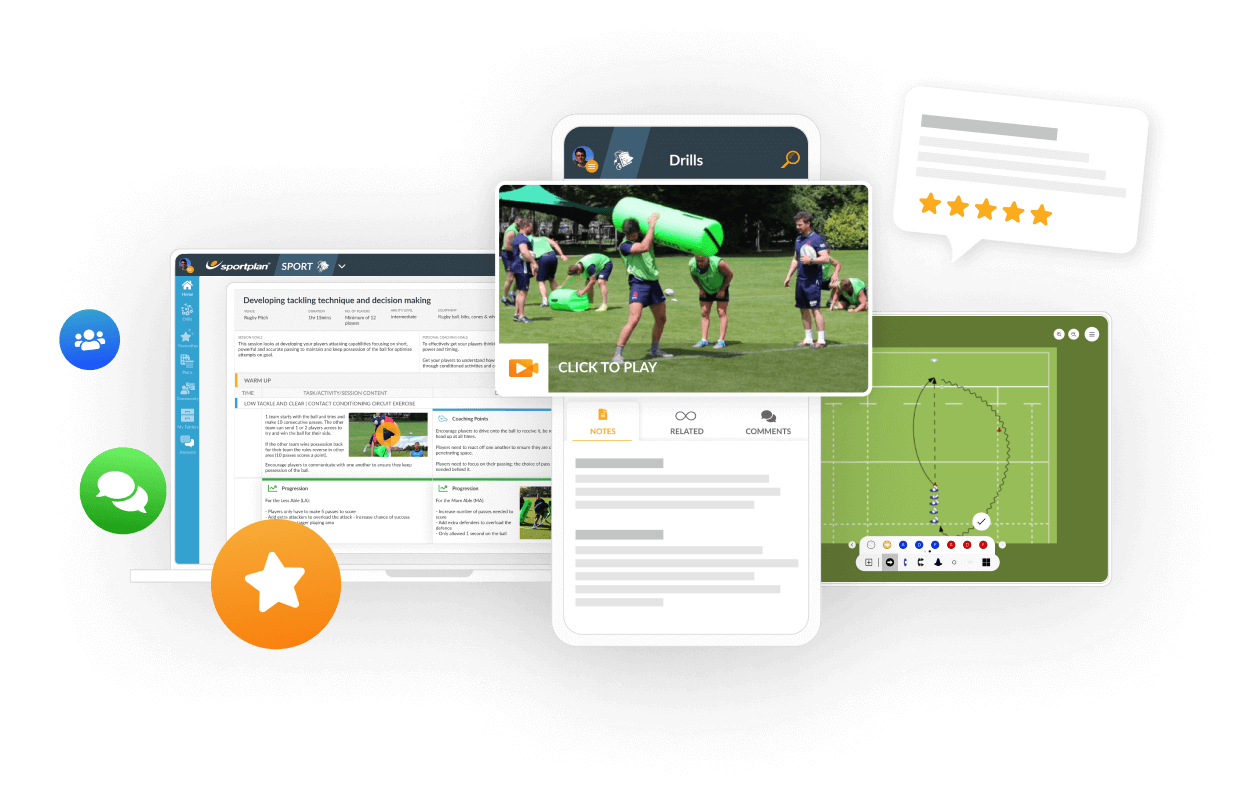
in more ways than one
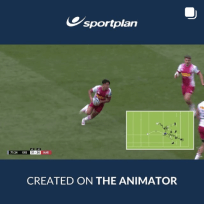
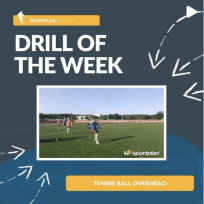
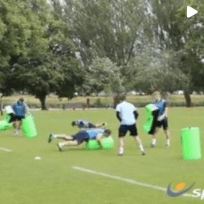
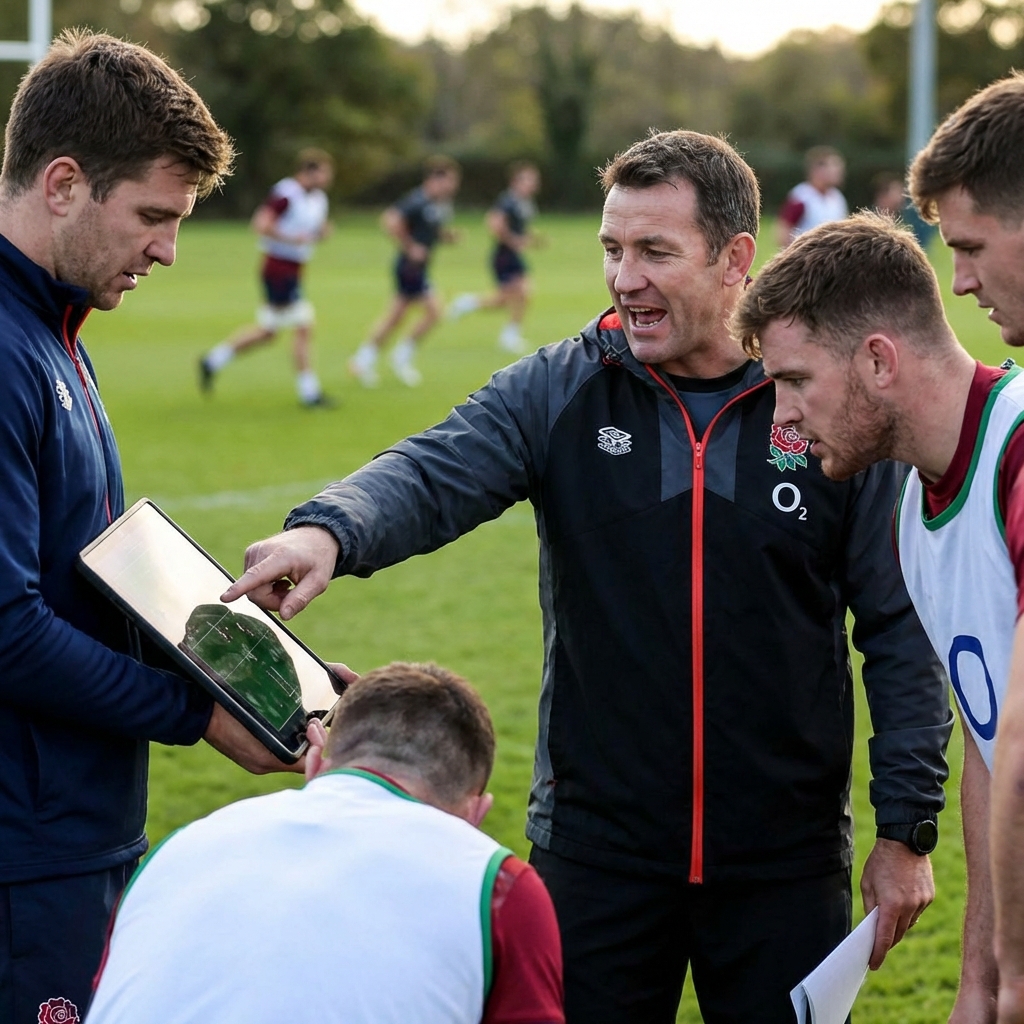
From France's collision dominance to England's folding defence - what grassroots coaches can learn from the 2026 Six Nations.
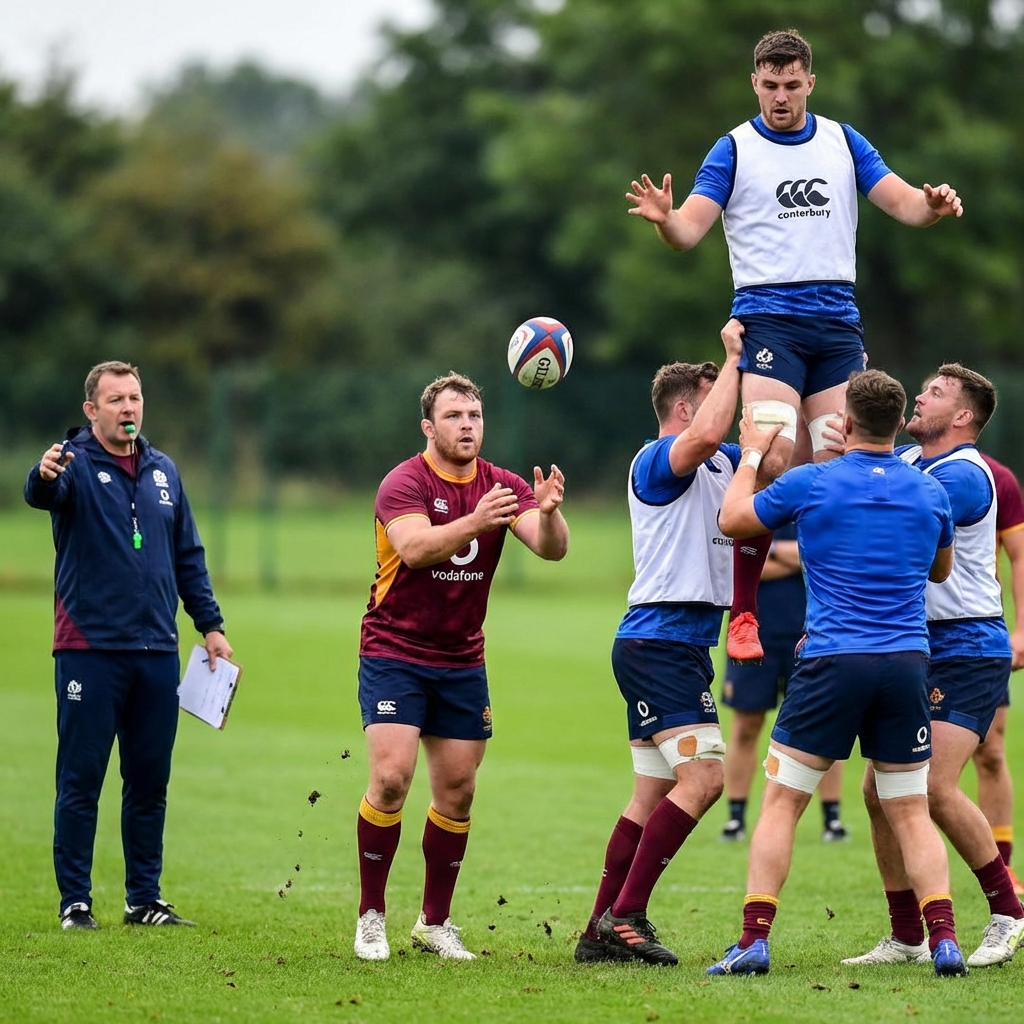
The removal of "not-straight" on uncontested lineouts transforms your set-piece options. Here's how to exploit the new rule.
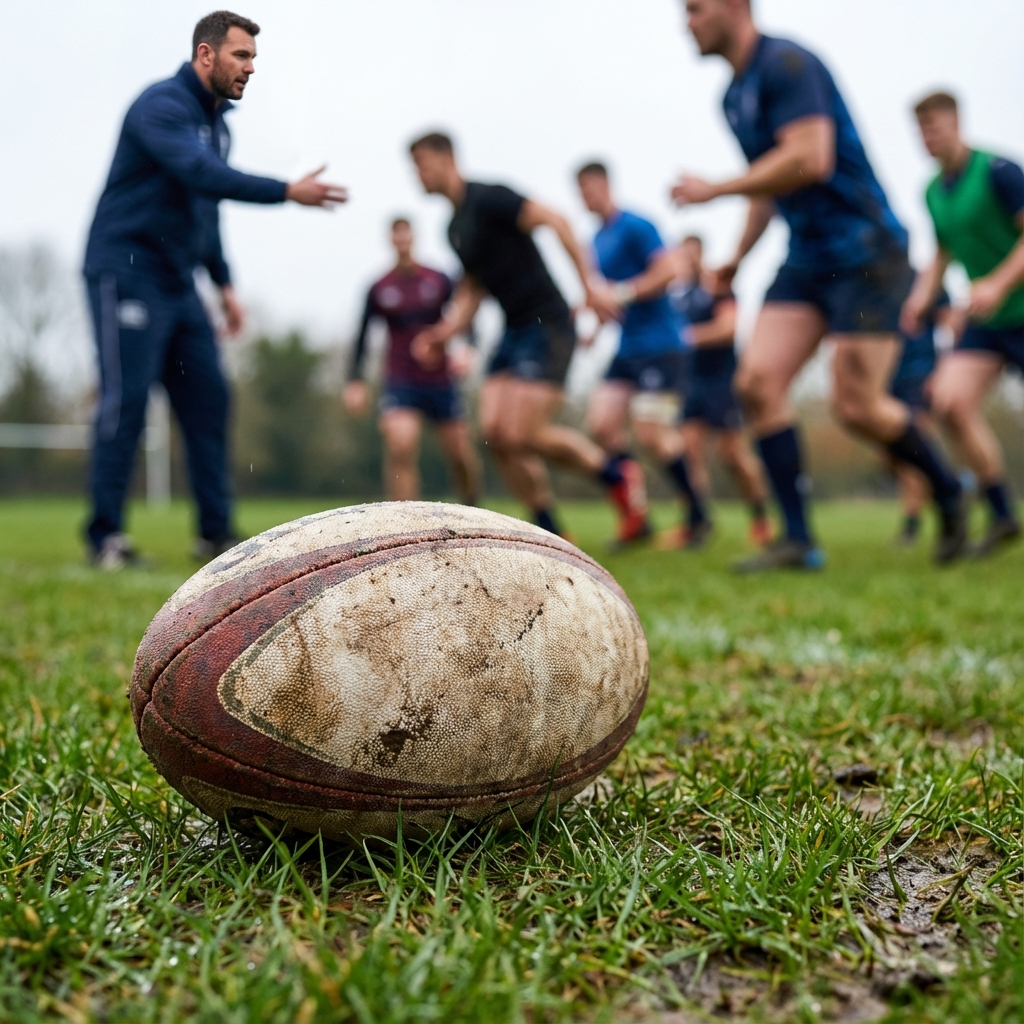
2026 brings revolutionary changes to international rugby: a brand new global tournament, historic tours, and law changes that will reshape the game. Here's everything coaches need to know.
Coaches from around the world look to Sportplan for coaching confidence.